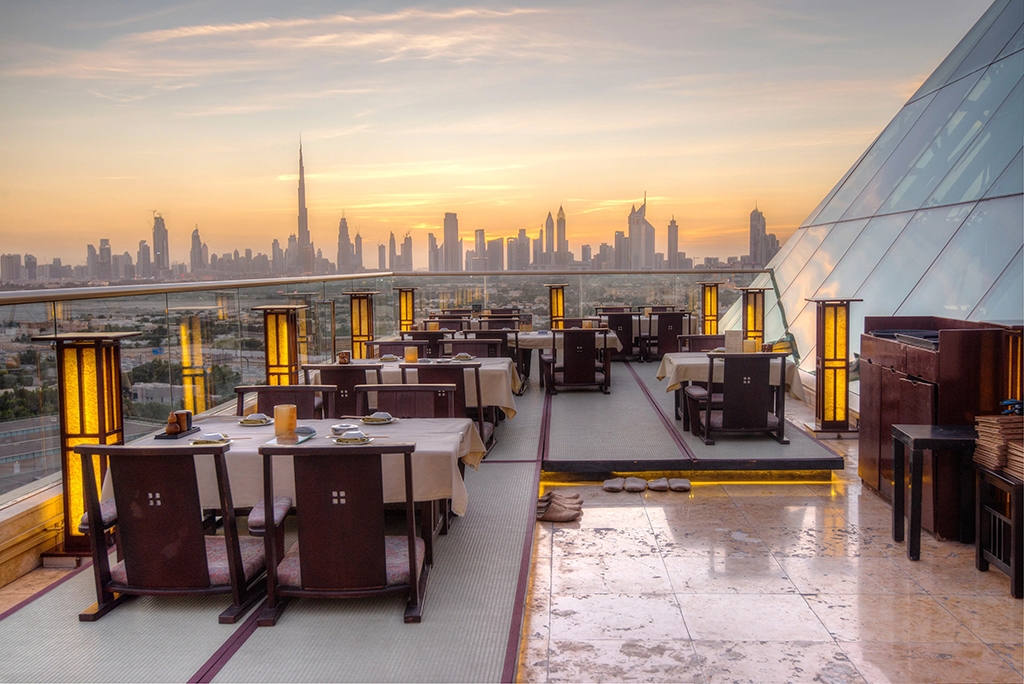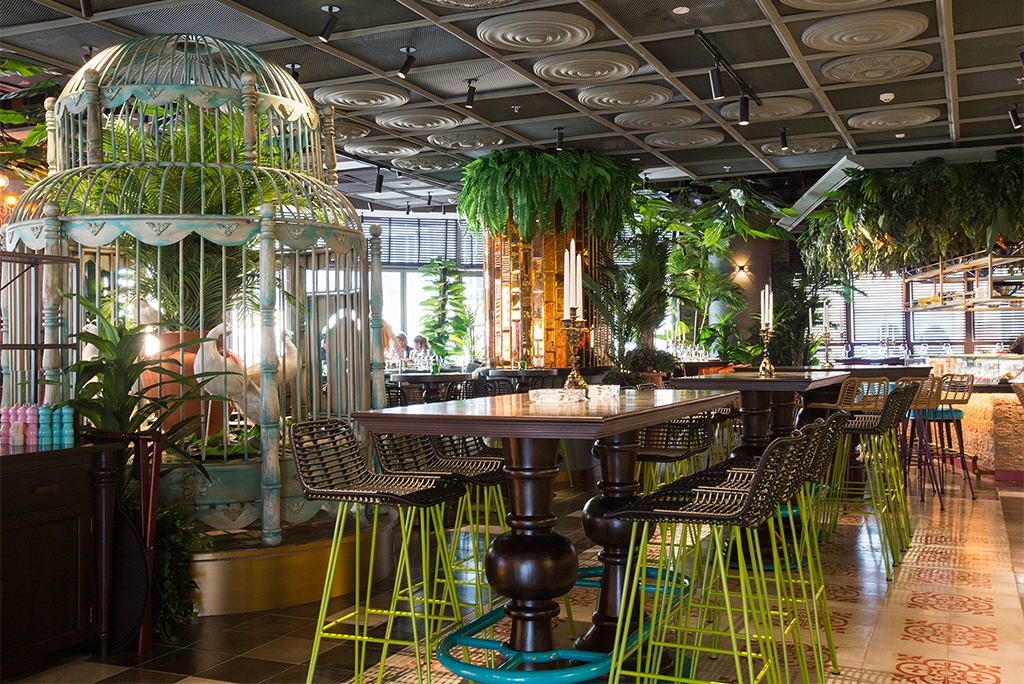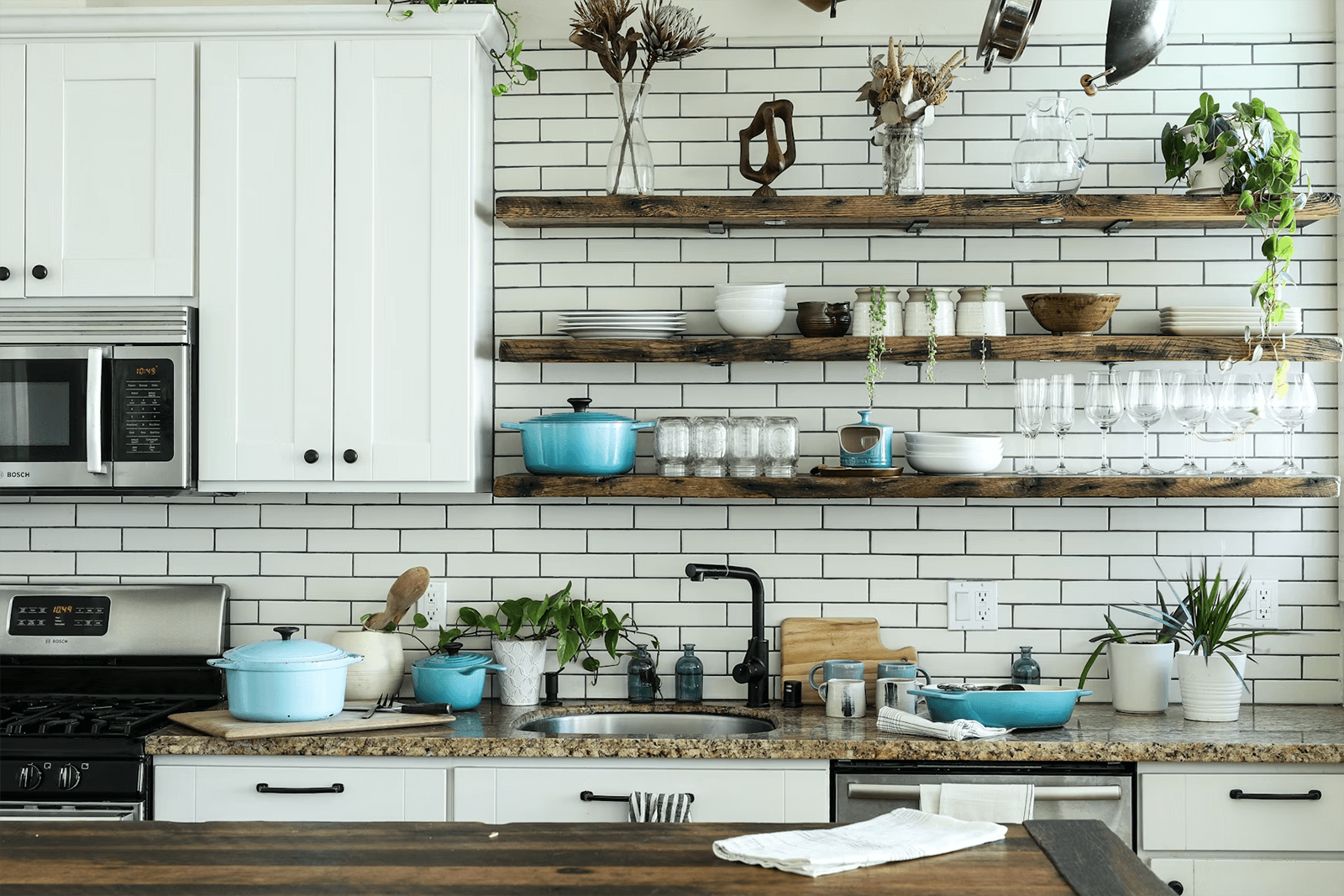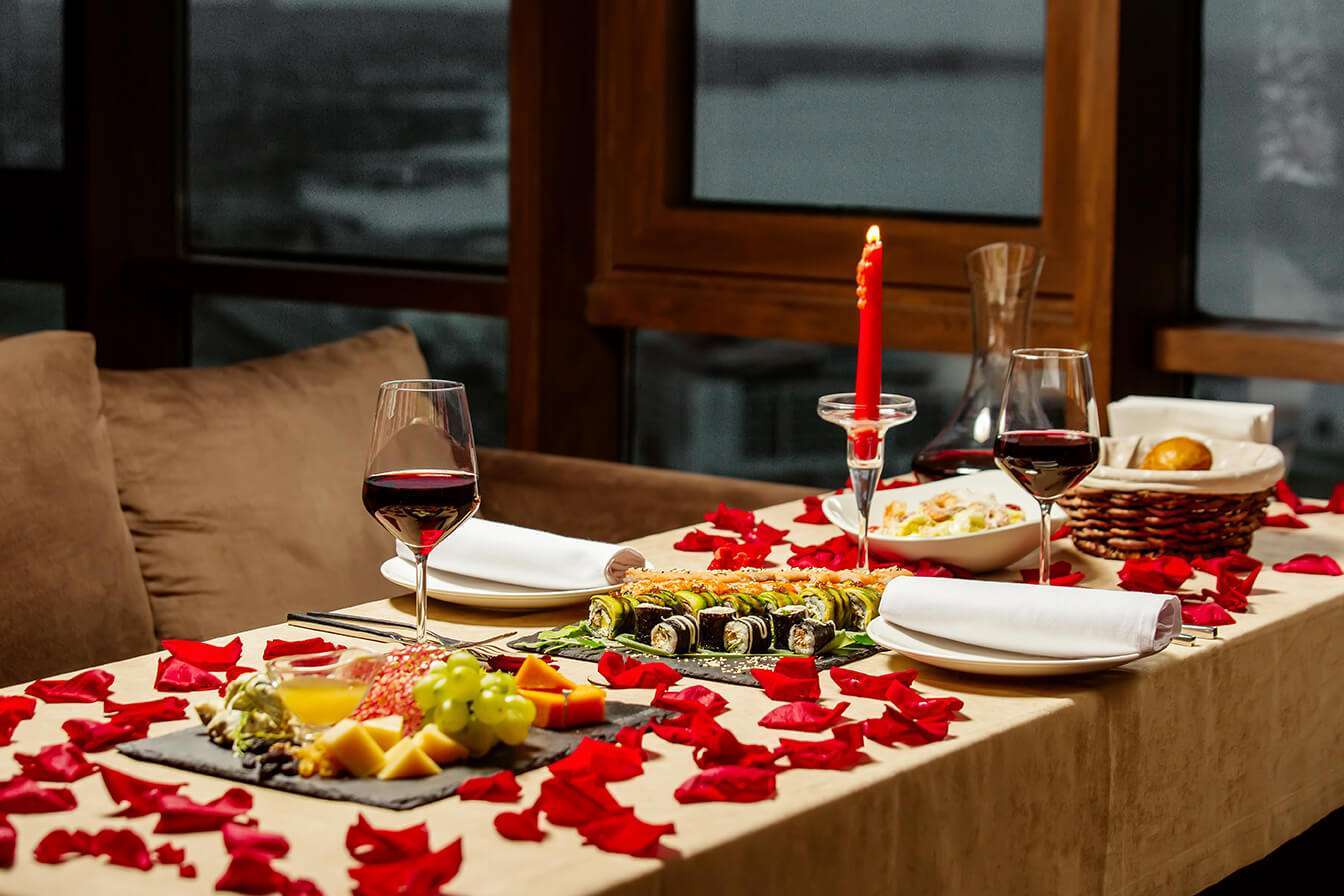Dubai is a prime location for starting a food business due to its diverse population. With over 200 nationalities residing in the city, restaurant owners have a wide range of audiences to cater to and an opportunity to offer a variety of cuisines. This makes Dubai an ideal location to start a food venture.
As with any other city, there are certain business requirements that must be met before opening a restaurant business in Dubai. These requirements may vary depending on the type of restaurant, location, and other factors.
Top ten tips to operate successful restaurant in Dubai.
1. Get your restaurant license and food code as a priority in Dubai.
- Food code
Obtaining a restaurant license in Dubai requires compliance with the rules outlined in the “Food Code”, which is overseen by the Food Control Department of Dubai. The Food Code covers every aspect of food production and consumption and aims to ensure food safety and hygiene.
To open a restaurant in Dubai, two types of licenses are typically required.
- Trade License
Register a trading name for your company. Fill in the application form in the DED department. State your corporate office and fill the registration forms. Prepare all the necessary documents.
- Food License
To obtain a food license for your restaurant in Dubai, you must enter into an agreement with the Food Safety Department. The cost of this license is typically around AED 10,000 to AED 12,000.
In addition to the food and restaurant licenses, the restaurant is also required to obtain other licenses.
- A food consignment release license is required.
- A pork permit is necessary for handling and serving pork products.
- A vehicle permit is needed for transporting food products.
- A liquor License is required if the restaurant plans to serve alcohol.
2. Choosing the right location and ambiance is crucial.
Opening a restaurant in Dubai requires planning for a desirable location and atmosphere. There are two options: Free zone areas, where you can have full ownership without a local sponsor, and Mainland areas, where you must have approval from DED authorities and a local sponsor will own 51% of the shares.
While choosing a location for your restaurant, several important factors should be considered:
Proximity to potential customers: The location should be easily accessible and in an area with high foot traffic.
Accessibility for delivery and supplies: The location should have easy access for delivery trucks and suppliers.
Ambiance: The location should have the potential to create a desirable ambiance that complements the restaurant’s concept and theme.
Zoning and regulations: The location should comply with the local zoning laws and regulations regarding food service establishments.
You can choose a location in Dubai for your restaurant based on the type of establishment you wish to open.
For example, a fine-dining restaurant may want to be located in a more upscale area, while a casual dining restaurant may want to be located in a more high-traffic area with a diverse demographic. Additionally, if your restaurant has a specific concept or theme, you may want to choose a location that complements that concept or theme.
3. Cost of opening a restaurant in Dubai.
Properly managing finances is crucial for the success of a restaurant. Costs of opening a restaurant in Dubai can range from AED 200,000 to AED 350,000 and includes expenses such as company license, renting a space, and obtaining permissions.
The cost will vary depending on the type of restaurant operation you choose to run.
- Full-Service Restaurants
- Delivery Restaurants
- Hole-in-the-wall Restaurants
4. While building your restaurant you must follow Dubai architectural rules.
- Adequate kitchen space is a must, with a minimum of three hundred square feet or forty percent of the total restaurant area.
- Proper ventilation and an exhaust system must be installed in the restaurant.
- The chimney should be at least two meters higher than the nearest building.
- All surfaces in the restaurant, including walls, floors, and ceilings, should be washable and fireproof.
- The drainage pipe should be at least two inches away from the walls.

Remark : It is important to secure a No Objection letter from the Food Control Section of the Public Health Department at Dubai Municipality before beginning any work.
5. Menu creation
To optimize your restaurant’s profitability, it’s important to understand your competition by researching their menu, prices, and customer preferences. This will help you set competitive prices and identify market trends for similar dishes. Additionally, analyzing sales data and food cost reports can help you identify the most popular and profitable menu items.
To gather customer feedback, consider using a POS integrated feedback app or survey. Stay updated with the latest trends in the market and make changes to the menu as needed, this includes updating the design of the menu to match the theme of the restaurant and experimenting with new items or flavors.
6. Technology adoption is crucial.
As businesses modernize and evolve, investing in technology is becoming increasingly crucial for remaining competitive in the market. This includes transitioning from traditional cash registers and card machines to more advanced POS systems and computer technology.
A POS system can enhance and simplify various daily tasks, such as those mentioned below.
Billing: A POS system can perform billing operations smoothly and help you analyze customer payment preferences.
Accurate Reporting: A POS can provide real-time reports and analytics, eliminating the need to be present everywhere.
Stock and Inventory Management: A POS can assist with managing inventory levels and preventing loss, especially important for new restaurants.
Marketing: A POS can be used for marketing efforts such as email and SMS campaigns and loyalty programs.
Pushing Orders: POS systems can push orders directly to the kitchen, reducing delays and misunderstandings.
QR ordering solution : make it easy for your customers to scan and place orders from their mobile browsers with Limerr’s QR ordering solution.
All these features can help manage the day-to-day operations of your restaurant smoothly, which is crucial for success in Dubai’s competitive F&B industry.
7. Have a great restaurant theme
Having a unique, well-executed theme for a restaurant can greatly enhance the overall dining experience for guests, making the establishment stand out in a competitive market. A well-conceived theme can help create a memorable atmosphere, establish a brand identity, and connect with guests on an emotional level, resulting in repeat visits.

8. Hiring the best team is essential.
A strong team can ensure a positive customer experience, which can lead to repeat business and positive word-of-mouth recommendations. It’s important to hire staff with the necessary skills, experience and attitude that align with the restaurant’s goals and values.
9. Control your labour cost
Limerr, a cloud-based ERP system, can help manage and streamline restaurant operations by integrating and automating functions like inventory, financial, customer management, etc.
Some specific ways a cloud-based ERP can help manage a restaurant include:
Automating inventory management: Limerr can track and manage inventory levels in real-time, ensuring optimal stock levels and reducing stock-outs or overstocking.
Streamlining financial: Limerr can integrate with accounting software and provide real-time financial data, such as sales, expenses and profitability, to aid restaurant owners in making informed business decisions.
Improving customer service: Limerr can offer a central database for customer information, improving tracking and management of customer interactions and providing a personalized experience.
Overall, Limerr can help streamline operations, improve efficiency, and ultimately increase profitability for a restaurant.
10. How Limerr can assist you in streamlining daily tasks at your restaurant.
Managing labor costs can be challenging for restaurants, but one solution is to review salaries and compensation regularly and adjust pay to align with market standards. Cross-training employees can also be cost-effective as it allows employees to take on multiple roles, ensuring smooth operations even when staff are absent.
Some specific ways a cloud-based ERP can help manage a restaurant include:
Automating inventory management: Limerr can track and manage inventory levels in real-time, ensuring optimal stock levels and reducing stock-outs or overstocking.
Streamlining financial: Limerr can integrate with accounting software and provide real-time financial data, such as sales, expenses and profitability, to aid restaurant owners in making informed business decisions.
Improving customer service: Limerr can offer a central database for customer information, improving tracking and management of customer interactions and providing a personalized experience.
Overall, Limerr can help streamline operations, improve efficiency, and ultimately increase profitability for a restaurant.





